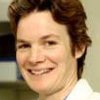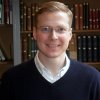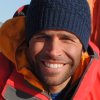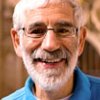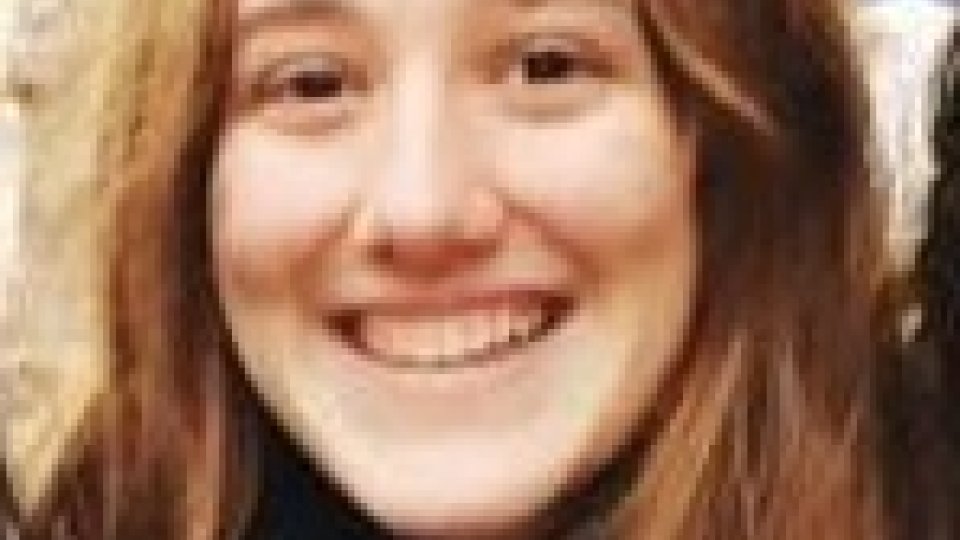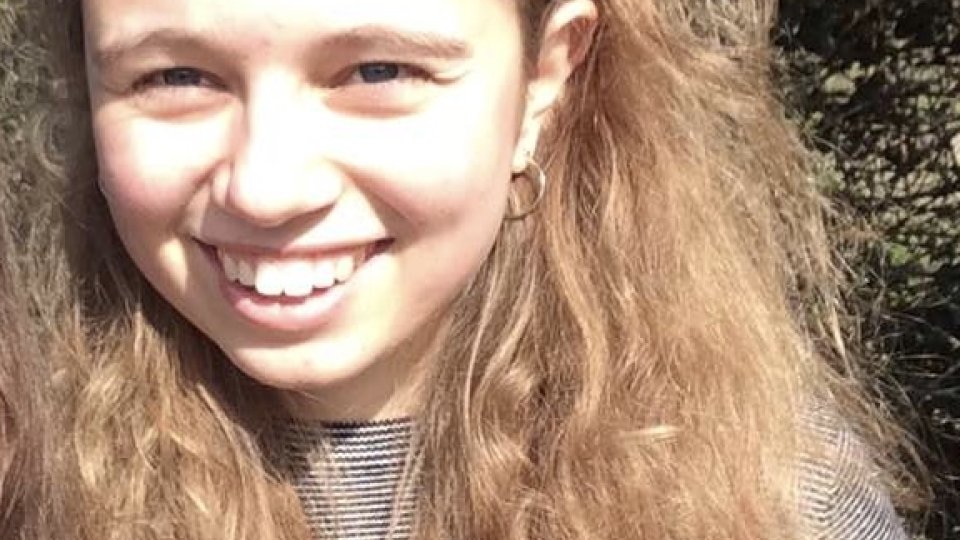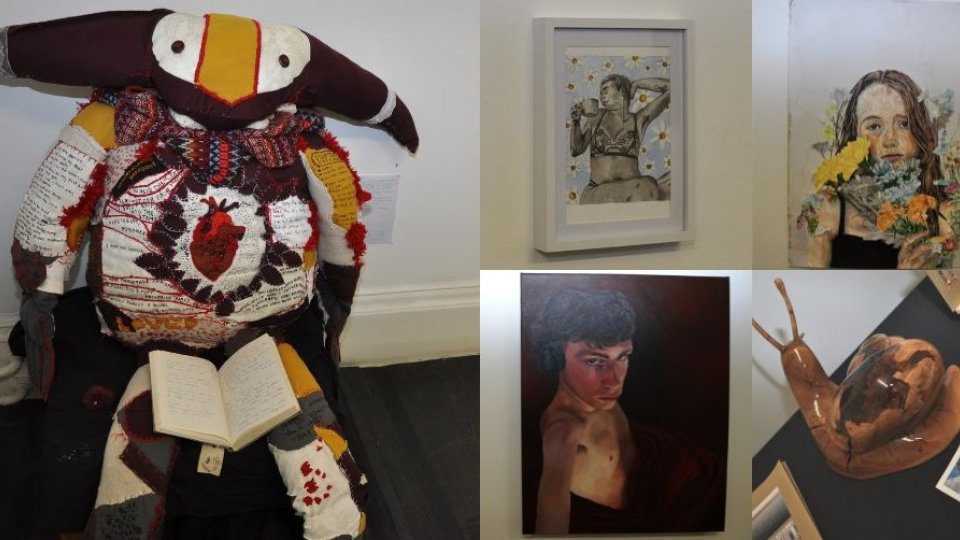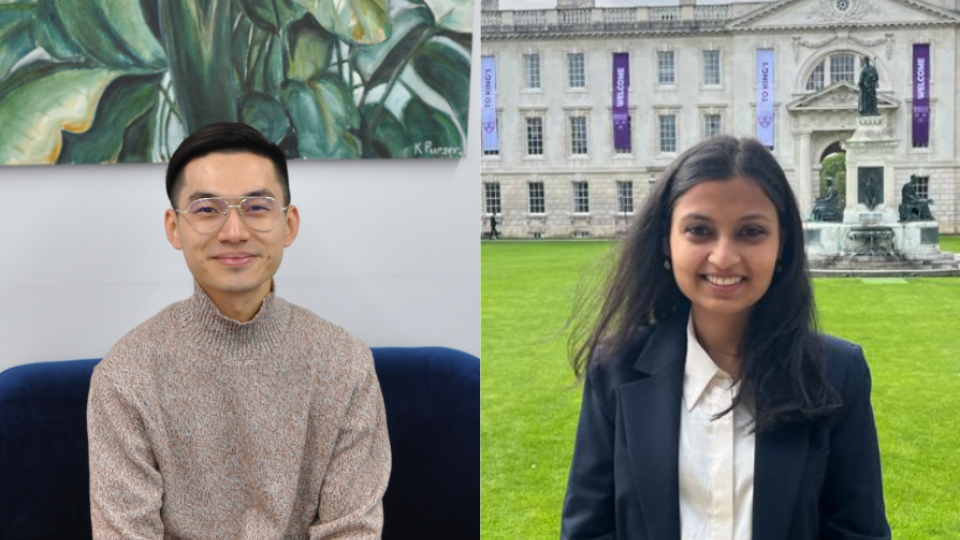At Cambridge, there is a single Natural Sciences Tripos, which is the framework within which sixteen different Faculties and Departments deliver undergraduate training in a wide range of physical and biological sciences, as well as the history and philosophy of science. Students apply to study either physical or biological sciences and are therefore admitted to study either Natural Sciences (Biological) or Natural Sciences (Physical).
Biological science subjects at Cambridge include: Biochemistry, Genetics, Pathology, Pharmacology, Physiology, Development and Neuroscience, Plant Sciences, Psychology and Zoology
Physical science subjects at Cambridge include: Astrophysics, Chemistry, Earth Sciences, Materials Science and Physics.
However, there is significant flexibility within the Tripos, and students admitted to Natural Sciences (Biological) can still take physical science options, and students admitted to Natural Sciences (Physical) can still take biological science options, although of course some subjects have essential or desirable prerequisites.
All Natural Sciences students study for at least three years, leading to a BA degree, and some continue to study for an additional fourth year, leading to a MSci degree. The course is structured as follows:
In the first year (Part IA), students study 3 science subjects from a choice of 8 (of which 4 are physical sciences) and mathematics.
In the second year (Part IB), students study 3 papers from a choice of 21 (of which 8 are drawn from the physical sciences and mathematics).
In the third year (Parts II), students usually specialise in a single subject from a choice of 15 (of which 5 are physical sciences) but it is also possible to study a broader range of subjects.
In the fourth year (Parts III) there are 5 physical sciences options, 2 biological options, and the option of History and Philosophy of Science. Irrespective of which subjects and papers you study, you will learn through a mixture of lectures, classes, hands-on laboratory practicals, and small-group college supervisions. If you continue to a fourth year, you will also learn through individual research, often pushing the boundaries of current knowledge and taking place in state-of-the-art research laboratories across Cambridge.
King’s is a medium-sized college which admits a relatively even balance of scientists and non-scientists. Each year, King’s admits 16-20 natural scientists, making it one of the largest subjects in the college and ensuring that students are part of a large and friendly community. They are supported by a good number of Natural Science Fellows, who look after students’ academic progress by directing studies and supervising, the latter usually in groups of 2-3 students. Former Fellows include a number of Nobel laureates including Fred Sangar ( 2 Nobel prizes!) and Sydney Brenner. Perhaps the next one could be you? The college also has a good library, an amazing chapel , wonderful music, excellent food, state of the art sports facilities, and an arts centre.
King’s is fortunate to be able to offer funded research internship opportunities through its Summer Research Programme, and natural scientists regularly make successful applications to gain research experience and work in research laboratories across Cambridge during the summer vacation, in some cases leading to publication.
Course Fellows in Natural Sciences at King's:
We welcome candidates from all backgrounds, from all over the world. All candidates applying for Natural Sciences will be asked to choose between Natural Sciences (Biological) and Natural Sciences (Physical). We usually take 15-20 students per year, broadly divided between those with ‘biological’ and ‘physical’ interests.
Subject Requirements
For both Biological and Physical Natural Sciences, you must have an A level in Maths, and two other science/maths subjects.
For Physical Natural Sciences, we expect students to take Maths and at least one of Chemistry or Physics.
The typical offer for both Natural Sciences Biological and Physical is A*A*A. In Natural Sciences Physical, we may require an A* in Maths.
Pre-registered Assessment
All candidates for Natural Sciences are required to take the pre-registered written admissions assessment for Natural Sciences, which will take place in assessment centres (NOT in your school). You must register YOURSELF in advance to take the assessment. This registration is separate to your UCAS application and does not happen automatically.
Late registration will not be possible and may result in the application being invalid.
You can find out more about pre-registered assessments here.
Written Work
You will not be asked to submit any written work as part of your application.
Interviews
Most (but not all) candidates are invited for interviews in Cambridge, which take place in early December. Candidates normally have two interviews, each with two members of the teaching staff in either Biological Natural Sciences or Physical Natural Sciences.
There is no required reading material for applicants, but there are various free resources available which you may find useful:
- The Isaac Physics website provides an opportunity to practice the necessary skills for practicing problem solving.
- NRICH also has excellent resources to support and enhance your study of Biology and Chemistry.
A-level Mathematics is essential for some first year options if you choose them. If you are studying in a different qualification system and wish to consult an A-level textbook, we suggest L. Bostock and S. Chandler (2013) Core Maths for Advanced Level, 3rd edition. Cheltenham: Nelson Thornes.
